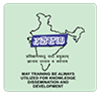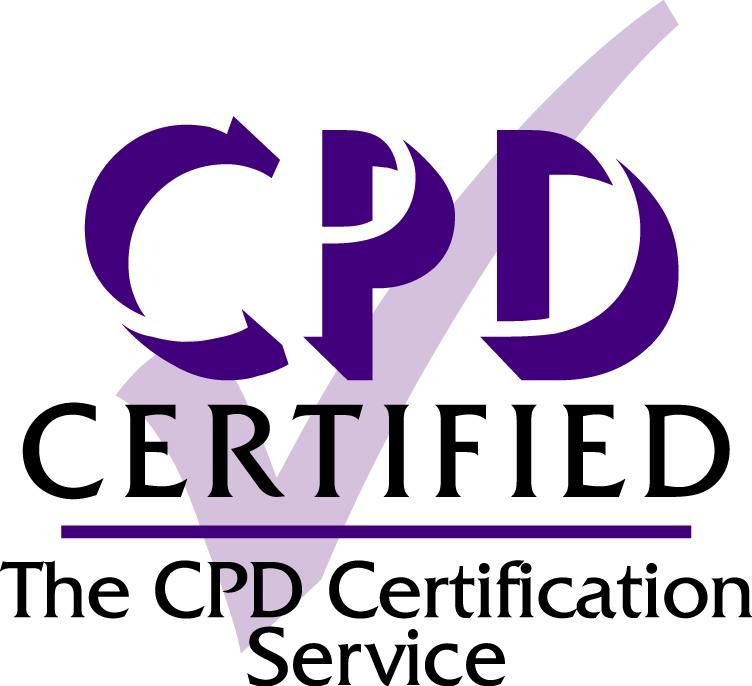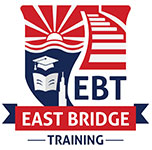Corporate Training And Data Assessing Of Employees
 Training and development are vital lookouts of any organization. It is always important to keep an eye on the employees in terms of their growth rate and that might be on their soft skills, business intelligence, data analysis, and so on. On-track learning is essential because it always helps to measure how much employees are gaining from the training sessions.
Training and development are vital lookouts of any organization. It is always important to keep an eye on the employees in terms of their growth rate and that might be on their soft skills, business intelligence, data analysis, and so on. On-track learning is essential because it always helps to measure how much employees are gaining from the training sessions.
Corporate trainer training courses in Kolkata ensure that trainers must be equipped enough to assess how training sessions are helping the employees. Besides, these courses also help trainers to understand that why data analytics is important in the corporate field.
Tips to properly track employees:
Machine learning has been proven an effective method in tracking employees. It enables employees to download mobile apps or can use a mobile-compatible website that makes learning quite feasible for them. Similarly, if trainers use the same platform they can also easily check the pace of employees and can plan further strategies accordingly.
One thing that trainers should keep in mind is that the platform to be used must be extremely user-friendly and not complex. In order to skill the trainers, the corporate training courses shape up a module where trainers can also gain an insight into platforms that are easy to use.
'How to assess data?' has always driven trainers crazy but they should also remember that assessing unnecessary data will be simply a waste of time. Trainers must be aware of the particular data or information about employees that should be tracked with utmost importance.
Let’s say, you're arranging a quiz contest for employees and you want to know how they are performing. Take the help of a platform that gives a thorough impression of how employees are performing in that content. Make sure that the platform you've chosen will show you the amount of time each employee has taken to answer the question and what is the rate of answering a question correctly.
There are multiple analytical tools that will give you a data set full of the required information. There are platforms where you can customize the set of information required and you can plan as per the situation demands.
Data analysts often go crazy behind collecting every possible data regarding employees. However, it should be kept in mind if the analyst is having an ample amount of time to sort out all the data and note the important points from it. Thus, running after data is worthy only when the data received can be utilized fully. It might take some time to set up cool features that will enhance the tracking system with the data needed. But the wait is worth every penny!
xAPI (experienced API) makes it possible to collect details on how a learner is performing using a machinery simulation. xAPI can communicate with an LMS, as SCORM or AICC tracking does, and offers infinitely more information. It can be used in a module, website, and even a downloadable app.
Developers place listening sensors in the learning experience. They listen for the learner to perform a certain task like accessing a piece of information. When that action is done, the listener sends a message to a database. The database records the message in the corresponding landing spot as soon as the task is done.
Trainers can log into the database to see the messages. Depending on how the system is designed, they may be able to check which aspects the employees are learning more or referring how, how fast they are going, and where they are lagging behind.
One of the most popular ones is Google Analytics or Matomo can be used as a 3rd party tracking tool to track employees. You paste a code into each page of your website in order to set up either of these accounts. Each time a learner visits a page, it automatically collects data and sends it to the tool’s established database. Thus, you being a trainer shall be able to assess the strengths and weaknesses of employees.
To conclude with:
Thus, on-track learning using data analytics will always help trainers to understand how much employees are moving ahead. Corporate trainer training courses in Kolkata guide trainers with utmost care and suggest to them how to use the best platform to train the employees and track the data.
























